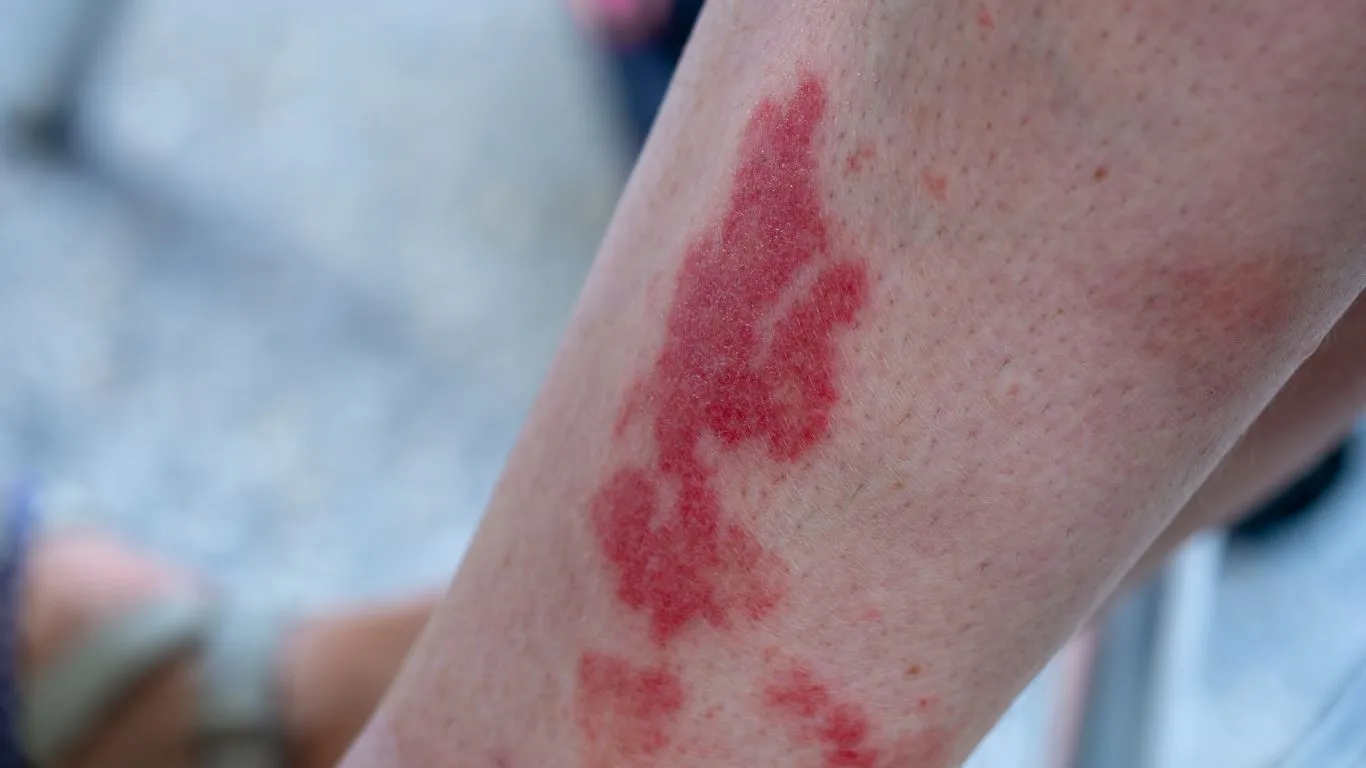
04 سبتمبر Can Vasculitis be Cured?
Some patients who visit Dr. Amir Malkawi, a vascular surgery consultant, describe symptoms that he diagnoses as related to vasculitis. These symptoms often include red spots, ulcers, or nodules around the blood vessels on the skin. Additionally, patients may experience more severe symptoms such as numbness, weakness, tingling, fatigue, and exhaustion. After diagnosis and starting treatment, many wonder: Can vasculitis be cured ?
Can Vasculitis be Cured?
Dr. Amir Malkawi indicates that the answer of Can Vasculitis be Cured depends on the type of vasculitis the person has and which blood vessels are affected by the inflammation. Generally, doctors can control most cases of vasculitis and alleviate their symptoms, although a complete cure remains rare. In some cases, such as vasculitis triggered by allergies, complete recovery is possible. This type of vasculitis results from an abnormal immune reaction where the body mistakenly attacks its own blood vessels. Factors contributing to this reaction may include genetic disorders, allergies, certain medications, or unknown causes.
Patients often experience long periods of remission during which their immune system ceases to attack the blood vessels, and symptoms completely disappear. However, in such cases, it is impossible to predict when another flare-up of the disease may occur in the future, necessitating continuous monitoring with a doctor.
Treatment of Vasculitis
The available treatments aim to control the symptoms of vasculitis, reduce the risk of developing health complications, and prolong the duration of remission from the disease. Dr. Amir Malkawi will explain to us a range of treatments for vasculitis that he recommends for his patients:
Treatment of Vasculitis with Medications
Doctors use many medications to treat vasculitis, selecting the appropriate ones based on the cause and type of the condition. Common medications that doctors prescribe for vasculitis include
Prednisone
One type of corticosteroid medication, Prednisone is among the most prescribed drugs for treating various types of vasculitis. It effectively helps control inflammation of the blood vessels. However, it is crucial to always use Prednisone according to the doctor’s instructions to avoid any potential health risks.
Rituximab
This is one of the main medications used in treating rheumatoid arthritis. It has also shown effectiveness in controlling and alleviating symptoms of vasculitis.
Read more: Installation of a Kidney Dialysis Machine in the Arm
Cyclophosphamide
A type of chemotherapy medication previously used in treating certain types of cancer, Cyclophosphamide has demonstrated its efficacy in treating moderate to severe cases of vasculitis.
Methotrexate
Used in treating various types of cancer and some autoimmune diseases, Methotrexate also proves effective in treating vasculitis.
Azathioprine
An immunosuppressive medication often used as a long-term treatment to reduce the risk of new flare-ups of vasculitis after controlling symptoms associated with previous flares and entering into a remission phase (periods without symptoms or with mild symptoms).
Treatment of Vasculitis with Surgery or Medical Techniques
Some severe cases of vasculitis may require surgical intervention, such as:
Surgical Bypass Procedure for Arteries
This type of surgery is typically performed in special cases of vasculitis, specifically when inflammation causes blockages in the blood vessels. Its purpose is to restore blood flow to areas where the blood vessels have been significantly damaged due to inflammation.
Plasma Exchange (Plasmapheresis)
Plasma exchange is utilized to remove plasma from the patient’s blood and replace it with healthy donor plasma, aiming to reduce the number of antibodies in the blood. This helps in controlling the immune reaction that causes vasculitis.
Tips for Controlling Vasculitis
Dr. Amir Malkawi advises his patients with vasculitis on some tips and measures to control and alleviate the condition, including:
- Understanding the nature of the disease and acquiring sufficient information about it.
- Adhering to the treatment plan prescribed by the doctor.
- Boosting immune levels by obtaining all necessary vaccinations recommended by the health authorities.
- Following a healthy diet to enhance the body’s ability to tolerate the disease and reduce side effects of certain medications.
- Maintaining a healthy daily routine, including regular exercise.
- Seeking assistance from family, relatives, and friends when needed, and raising awareness about vasculitis by educating them about the disease.
References:
[1] – https://www.vasculitisfoundation.org/newly-diagnosed/
[2] – https://www.webmd.com/rheumatoid-arthritis/vasculitis-treatment
[3] – https://health.clevelandclinic.org/4-medicines-help-you-manage-the-mysteries-of-vasculitis/
[4] – https://www.nhlbi.nih.gov/health/vasculitis/treatment [5] –https://www.mayoclinic.org/diseases-conditions/vasculitis/diagnosis-treatment/drc-20363485
